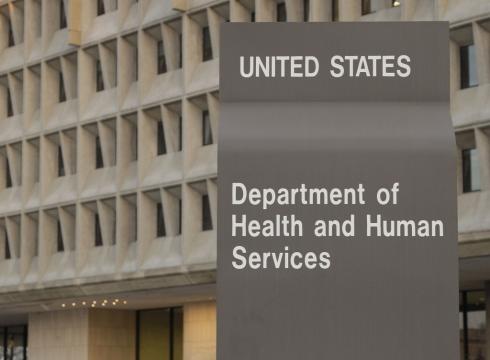
Religious Groups Comment On Proposed Expansion of “Sex” Nondiscrimination
Stanley Carlson-Thies
On Nov. 6, 2015, Catholic and Protestant organizations joined together to offer a response to proposed HHS regulations that, in the name of banning sex discrimination in federally supported health programs, would define “sex” so broadly as to encompass gender identity, reproductive rights, sexual orientation, and gender reassignment surgery. Sex discrimination is wrong, but the government cannot rightly redefine terms simply because of its policy preferences.
The Affordable Care Act prohibits sex discrimination in federally supported health care programs, requiring regulatory action. But instead of simply implementing in regulations the prohibition on discrimination on the basis of sex, the administration has proposed to define sex discrimination very broadly, in furtherance, as it acknowledges, of its own policy preferences. Congress has not legislated to ban discrimination based on sexual orientation or gender identity; these proposed regulations appear to be a way to achieve that aim via executive action.
IRFA and eight other faith-based organizations added their names to a response to the proposed regulations that was drafted by the US Conference of Catholic Bishops. In a carefully worded commentary, the response notes how far beyond the text of laws and the specific holdings of court decisions the draft regulations go.
Because religions teach about human sexuality, and religious organizations seek to develop and maintain policies about sexuality that are faithful to their respective religious doctrines, the federal government’s interpretations and prohibitions concerning sexuality are of great concern to faith-based organizations—both those that accept federal dollars, which may discover that new restrictions accompany the funds, and those that do not accept federal dollars, but nevertheless must operate in accordance with federal laws and regulations.
Thus the broad sweep of the organizations that joined in this “comment” to the proposed regulation—US Conference of Catholic Bishops, Institutional Religious Freedom Alliance, National Association of Evangelicals, Christian Medical Association, Family Research Council, Ethics & Religious Liberty Commission (Southern Baptist Church), Christian Legal Society, World Vision, National Catholic Bioethics Center, and Liberty Institute.
